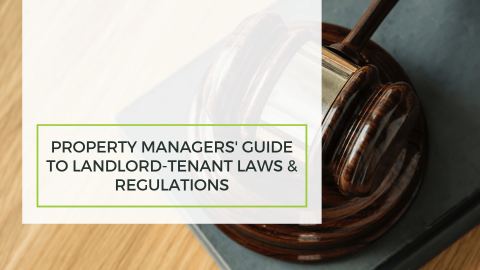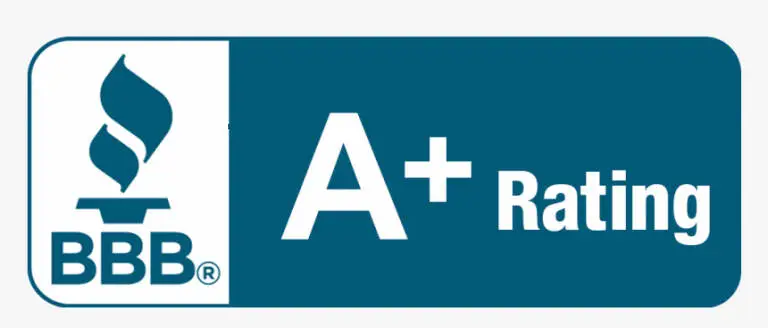Blog
Nashville Property Managers Need to Know these Landlord-Tenant Laws & Regulations
Lee Blackburn

Anyone renting out a property in Nashville needs to understand the laws and regulations to which they are bound. We see a lot of landlords make mistakes because they don’t know the law. These mistakes can be expensive.
Before you begin looking for a tenant and collecting rent checks, make sure you’re familiar with these laws and requirements. If you’re not sure about the law, make sure to talk to a professional property manager or an attorney.
Nashville Managers Need a License
A real estate license is required of anyone renting out a home as a third party for someone else, even if you’re only leasing one property. You’ll need to report your name and contact information as well as the contact information of any property managers you’re working with, and you’ll also need to provide the address of the rental home. Once you’re licensed to rent out the property, you’re bound to all the health and safety codes as well as building standards enforced by Nashville and Tennessee.
Security Deposit Laws Can be Complicated
There’s no limit to the amount of money you can collect as a security deposit in Nashville. That’s the good news. Things can get a bit tricky when you’re returning the deposit, however. You need to be aware of the timeline. You have 30 days from move-out to return the deposit. You also need to hold that money in a separate account. You cannot allow it to mingle with your own funds.
Before your tenant moves out, he or she can request a joint inspection. If the tenant requests it, you have to do it. This is your opportunity to tell the tenant what you might deduct from the security deposit. If you do deduct anything after the tenant vacates, you must send an itemized list describing what was deducted and why. You cannot deduct for general wear and tear; and there are very specific processes and timeframes required by the State of Tennessee.
Understand Your Rent Collection Requirements
You need a strong rent collection policy, which should be reflected in your lease agreement. Make sure that policy complies with Tennessee rental laws. For example, you need to provide a five-day grace period for tenants to pay rent. If it’s due on the first of the month, the tenant has five business days to pay it. If you charge a late fee, it cannot be more than 10 percent of the monthly rent.
Federal Laws You Need to Know
In addition to understanding and complying with state and local laws, you also need to be aware of the federal laws that affect renting your property. The main law you need to concern yourself with is the Fair Housing Act. This law sets up protections for seven tenant classes. You aren’t allowed to discriminate against anyone based on race, color, religion, national origin, sex, familial status, or disability.
The best way to ensure you’re following all fair housing laws is to treat everyone consistently and to develop written policies. You should have standard rental criteria, checklists, and processes in place.
If you have any questions about the laws you’ll need to follow when you’re renting out a Nashville rental property, please contact us at Omni Realtors & Property Management. We’d be happy to help you.









